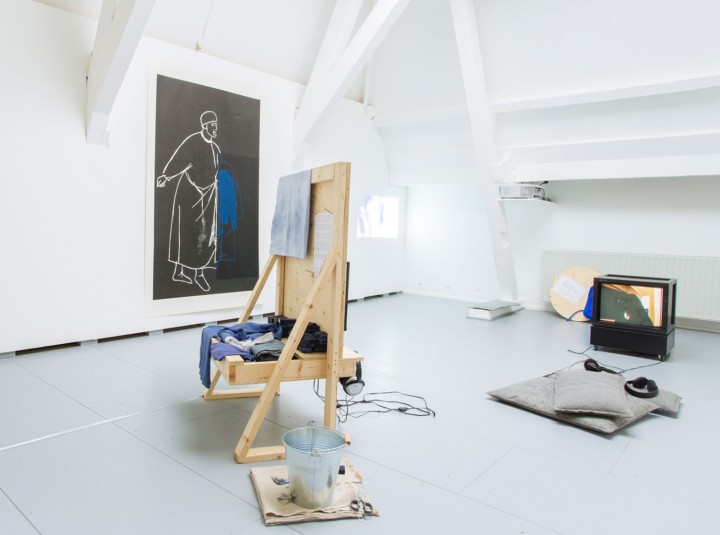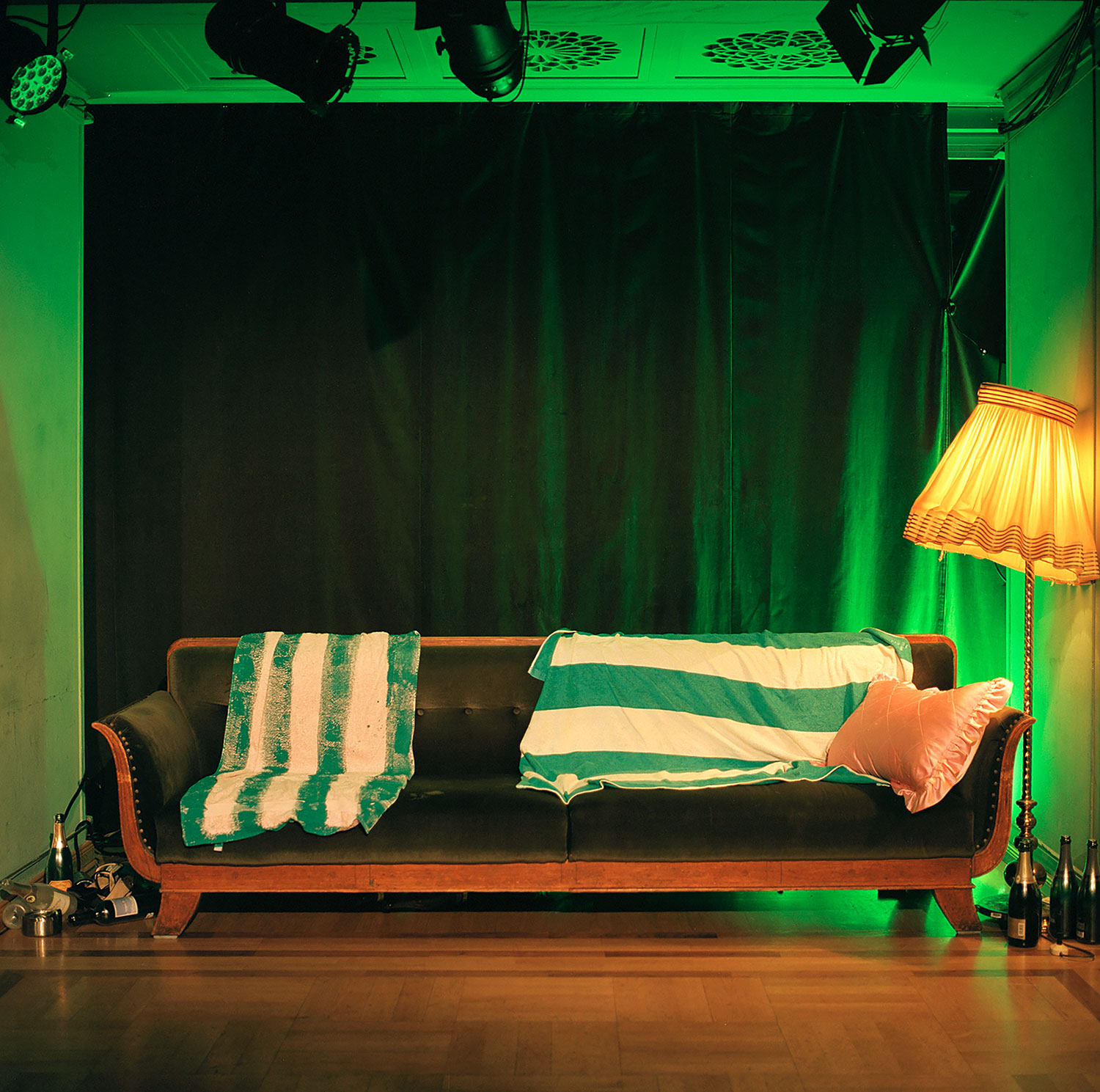Is it possible to think of life as something that is never given as property but is rather a common use? This question, raised by Giorgio Agamben in the preface to The Highest Poverty: Monastic Rules and Forms-of-Life, summarizes the legacy of Franciscanism, which derives from the monastic order funded by St Francis in the 13th century.
Starting from a similar premise, Casco – Office for Art, Design and Theory launched the project “New Habits,” a complex array of contributions and interventions that have unfolded from a cross-disciplinary series of study groups, events and gatherings. Resulting mainly from long-term collaborations, as in the case of Ayreen Anastas and Rene Gabri, the project has developed as an experimental format to combine artistic research with a critical practice of everyday life. These work-formats are conceived as a set of new gestures, which might offer perspective on how to experience the practice of the common(s) starting from changing given routines — where “practices of commoning produce spaces and temporalities which emerge out of sometimes unforeseen solidarities, affinities, and the opening of new horizons.”
“Rule” and “life” were two of the main keywords that emerged during the public reading group on Agamben’s text, organized with Adrian Rifkin, professor of art writing at Goldsmith College, London, and the Van Abbemuseum. In the exhibition, a succession of chapters juxtaposed examples of how a forma mentis can be embedded in our bodies, as in Yvonne Rainer’s video in which she physically loops repetitive choreography, trying to force her muscles to extend their limits past the point of strain; or a decision to reset the rhythm and framework of our lives, as in the case of Jinsuk Kim, who lived in a crane for a period of one year: a video shows her protest, which was made public through social media. Curator Binna Choi associates her actions with the protagonist of the book The Baron in the Trees by Italo Calvino — about a man who preferred to follow the matters of the world from the perspective of a bird.
Institutional critique shows its face in an explicit self-analysis by Andrea Fraser, whose video from 2008 shows a mirrored projection that physically places the visitor in the midst of her personal struggle to live in a professionalized art world. Labor Day celebrations also coincided with the inauguration of a new space for Casco. The design of the office, realized by Jesko Fezer and Andreas Müller, embodies the fluid concept of “commons.” In addition, the day was the culmination of the Festival of the Commons, organized by Anastas and Gabri and described as “a beginning for what we hope will grow into a set of collective inquiries and experiences in commoning the city and exploring the potentials for withdrawing from the community of money.”


